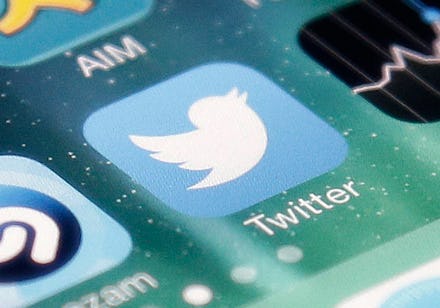Twitter Users Are Clear About What They Want Instead of Hearts: A Solution to Abuse

Twitter wants to be a happy place. A better kind of cocktail party, where instead of media snark, political browbeating and joke theft, people come to have a good time. Twitter is praying they'll want to stick around too.
Today, Twitter replaced the "favorite" — a gold star that can be anything from a hate-like to a bookmark to a sign of tacit approval — with a bursting red heart that it calls a "like." The change is official on both Twitter and Vine, where the standard had been a thinly drawn smiley face.
Immediately, Twitter users called out developers and administrators for making a facile change in user experience instead of addressing a real, prescient and constant problem: harassment and abuse.
Twitter is trying to fix its problem with converting newcomers, and no one is impressed with its efforts. Along with the fact that Twitter has serious problems making money as a business, the nearly decade-old social network has been struggling to bring new users in the door and keep them there. Twitter is still pigeonholed as a service for early adopters, techies, journalists and small fan communities.
Along with Twitter "Moments" and polls, a lackluster feature that allows people to make brief, anonymous two-question polls, turning faves into likes marks another recent experiment in the early tenure of Twitter's risen-again CEO Jack Dorsey and his experiments with retaining new Twitter users.
Meanwhile, women, people of color and others who face disproportionate amounts of abuse say that there are dozens of easy fixes, whether that comes down to actual features or just clearer language in Twitter's user policy, to the problem of harassment. Those are the kinds of changes that would make Twitter a more welcoming place — tangibly, not symbolically.
But Brianna Wu, who as a primary target of GamerGate has a deep and storied history with Twitter harassment, says that from the perspective of a game designer, she's impressed with the new likes. Wu is a devout user of Twitter's new Moments feature, and she says that for a company trying to get back to basics, these little features and adjustments are vital for Twitter.
"It's easy for the tech community to forget that people getting into Twitter don't know who to follow," Wu told Mic. "I think it's an arrogant dismissal of what casual users are going to value."